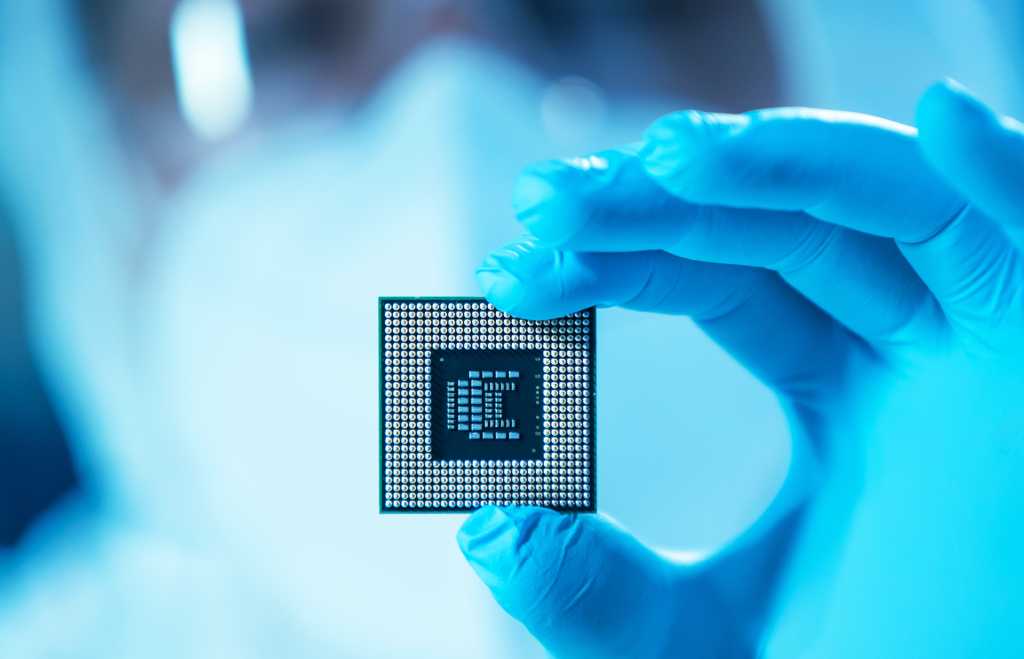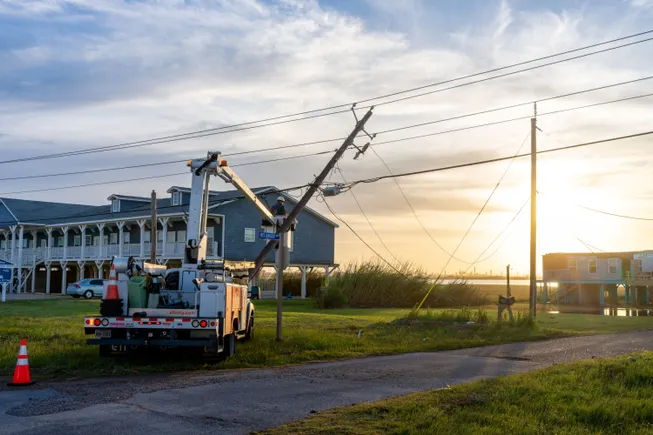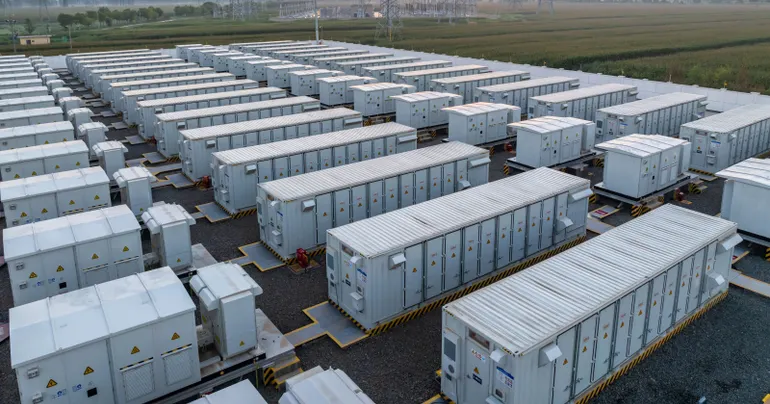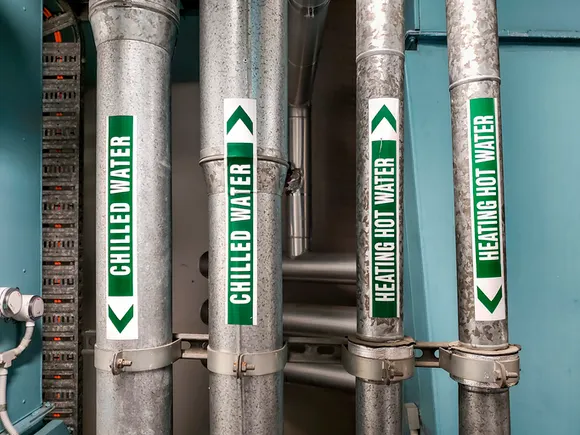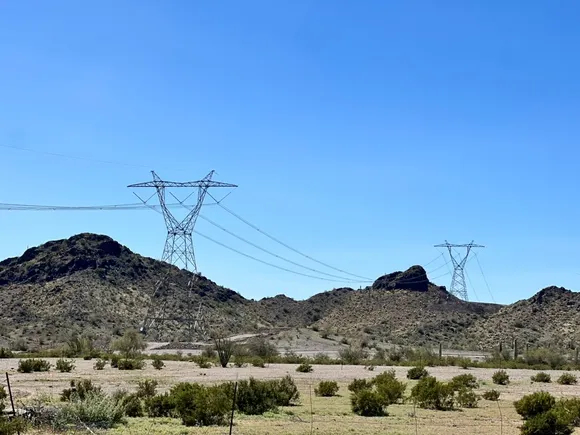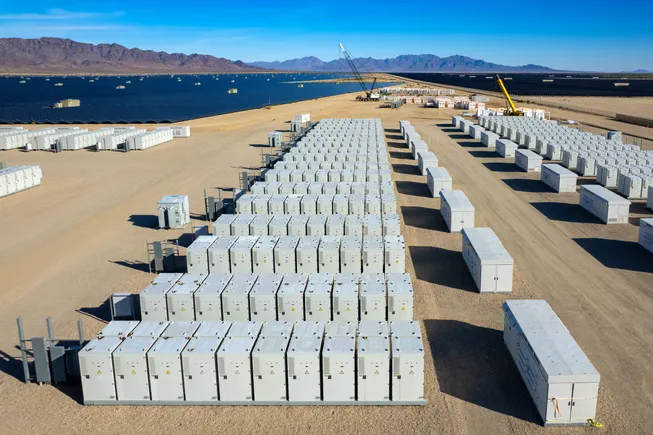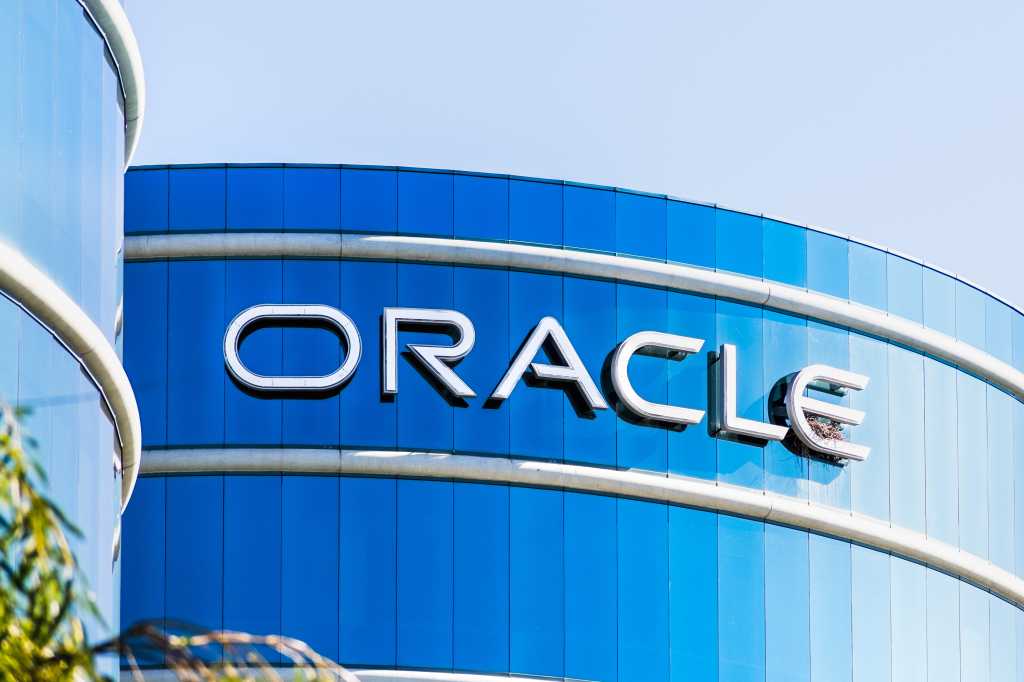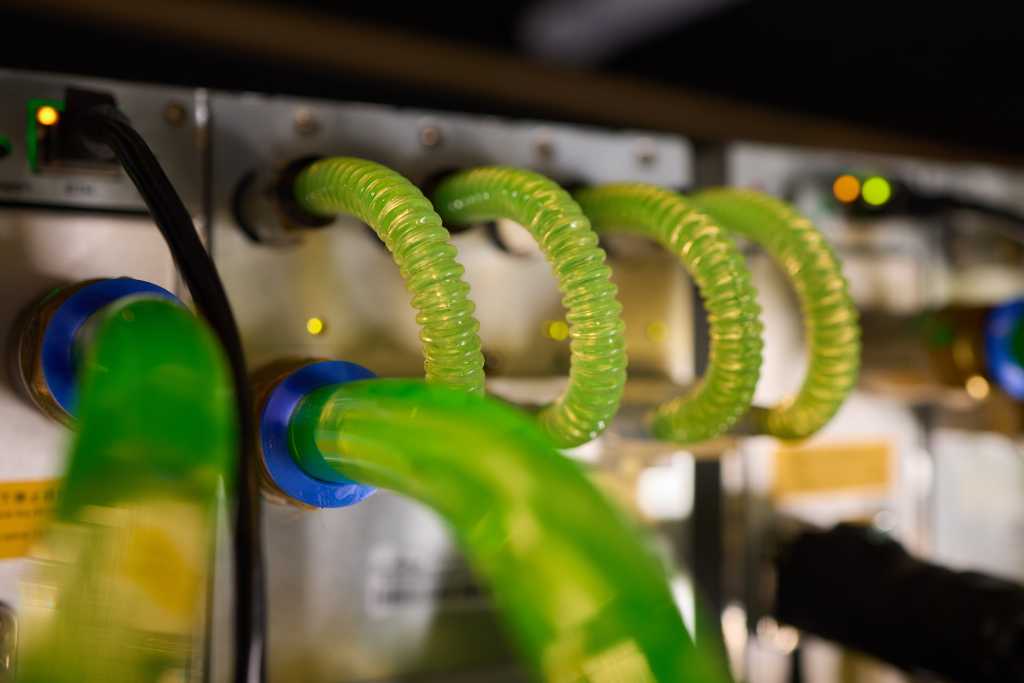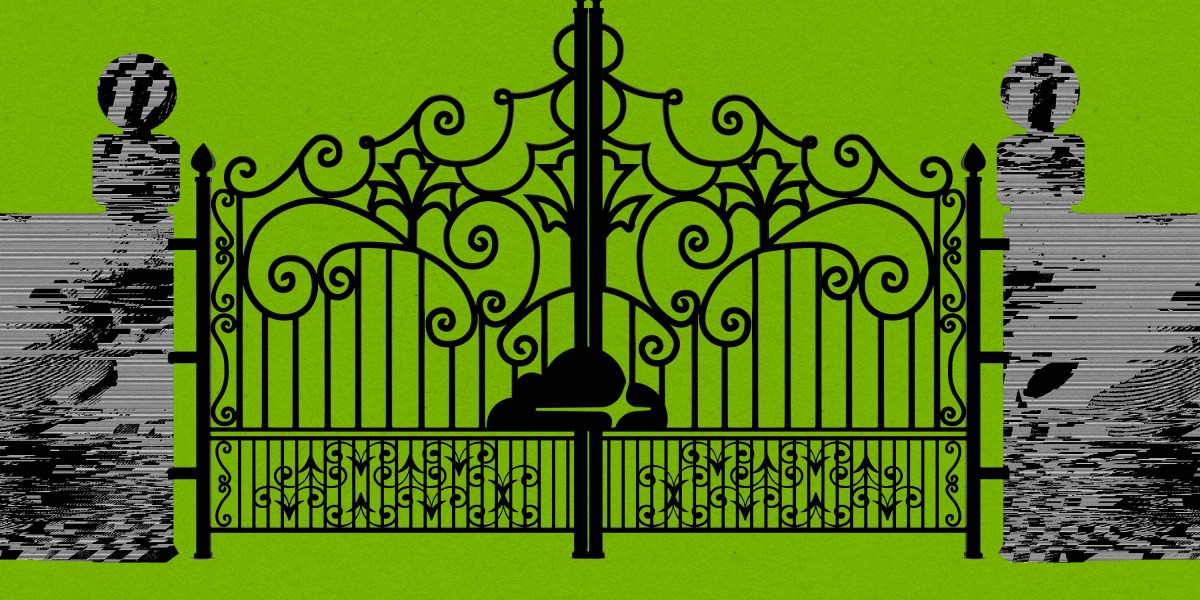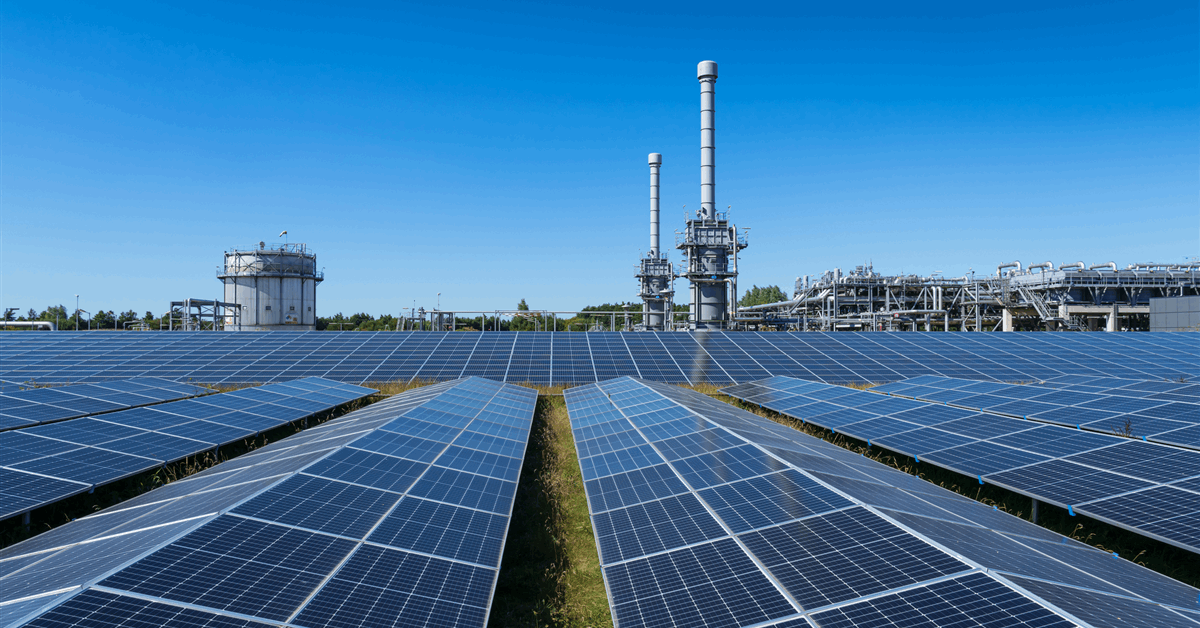
Japan’s JERA Co. Inc. and Muji brand operator Ryohin Keikaku Co. Ltd. have agreed to establish Muji Energy LLC, a special purpose company (SPC) focused on renewable power generation, including the development and operation of solar power generation facilities through joint investment.
Ryohin Keikaku has also agreed with JERA subsidiary JERA Cross Co. Inc. to enter into a virtual power purchase agreement (PPA) for renewable energy, JERA said in a news release. The electricity will be provided to Japan Electric Power Exchange (JEPX).
The agreement will allow Ryohin Keikaku to use the solar power generated by the SPC and reduce carbon dioxide (CO2) emissions associated with the electricity consumption at the company, including Muji tenant stores, according to the release.
Muji Energy plans to develop approximately 13 megawatts (MW) of power generation capacity within one year of establishment. This is equivalent to 20 percent of Ryohin Keikaku’s annual electricity consumption and is expected to reduce CO2 emissions by approximately 8,000 tons per year, JERA said.
Ryohin Keikaku is targeting a 50 percent reduction in its total Scope 1 and 2 greenhouse gas emissions by fiscal 2030 compared to fiscal 2021 by installing rooftop solar power generation systems at standalone MUJI stores and utilizing renewable energy utility plans, according to the release.
JERA Cross, a wholly owned subsidiary of JERA, “offers assistance for corporate green transformation building on its strategic and technical expertise and renewable energy supply capabilities as a one-stop partner,” the company said. It offers support in areas such as renewable energy, energy supply and demand management, developing green transformation strategies and co-creating business models.
CCUS Agreement with Kawasaki Heavy Industries
Meanwhile, JERA and Kawasaki Heavy Industries Ltd. (KHI) said they have entered into a memorandum of understanding related to a joint study aimed at building a carbon capture, utilization and storage (CCUS) value chain at Yokosuka Thermal Power Station in the Kanagawa prefecture of Japan.
Based on the memorandum, the two companies plan to conduct pilot-scale testing using KHI’s carbon capture equipment at the power station, which is operated by JERA subsidiary JERA Power Yokosuka G.K., by 2030.
This will be the first test of installing CO2 capture facilities at a coal-fired thermal power plant on Tokyo Bay, JERA said in an earlier statement.
JERA, under its zero CO2 Emissions 2050 initiative, is expanding its use of renewable energy and working to develop zero-emissions thermal power, as it aims to achieve net-zero CO2 emissions by 2050.
On the domestic coal-fired thermal power front, JERA said it successfully conducted the world’s first demonstration testing of 20 percent substitution of fuel ammonia at a large-scale commercial coal-fired thermal power plant in Hekinan City, Aichi prefecture. Based on the successful demonstration, the company said it has accelerated its efforts to limit the use of inefficient coal-fired thermal power plants during periods of low demand and to decommission them entirely by 2030.
KHI has developed Kawasaki CO2 Capture technology that uses a solid sorbent to absorb the CO2 in exhaust gases and then capture it through the introduction of low-temperature steam. By utilizing waste heat from power plants or industrial plants to generate steam, the KCC process reduces the cost of CO2 capture, according to the statement.
Initially developed as a technology for removing CO2 from exhaled breath in enclosed spaces, KHI began conducting tests of its application to the removal of CO2 from exhaust gases as a means of countering global warming, and has conducted multiple demonstration tests of CO2 capture from exhaust gases at coal-fired thermal power plants, the statement said.
To contact the author, email [email protected]
WHAT DO YOU THINK?
Generated by readers, the comments included herein do not reflect the views and opinions of Rigzone. All comments are subject to editorial review. Off-topic, inappropriate or insulting comments will be removed.
MORE FROM THIS AUTHOR


